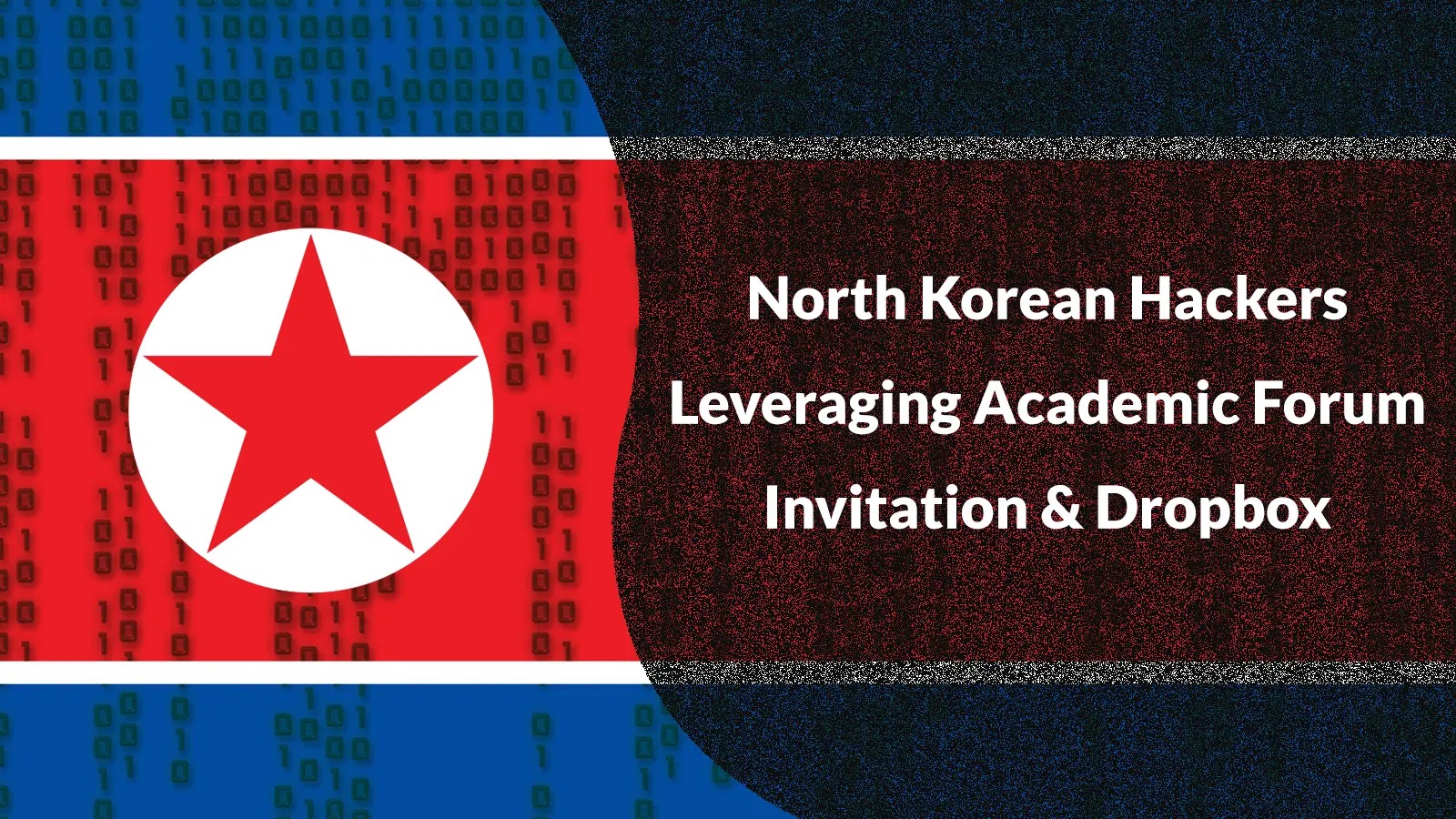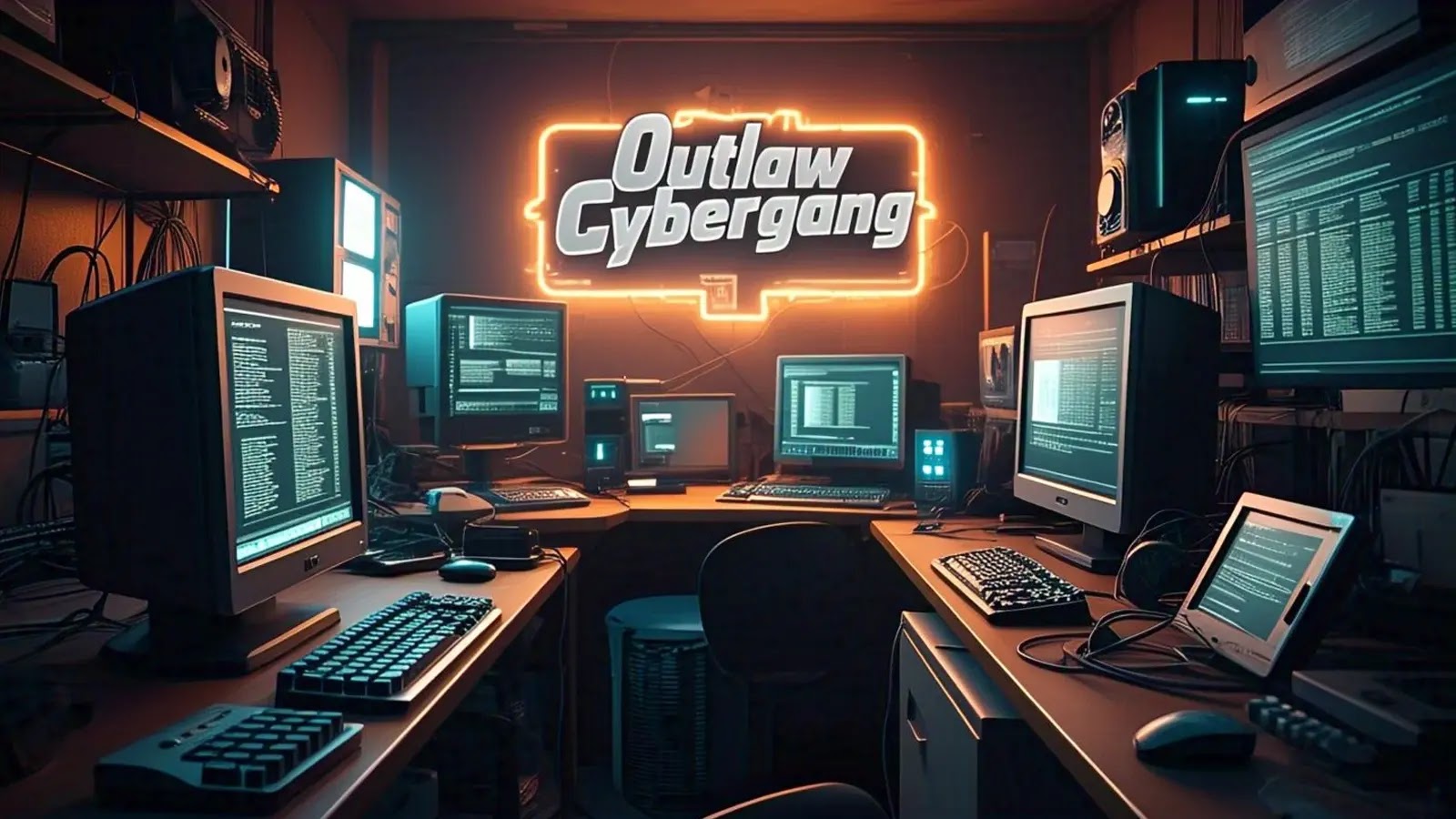In March 2025, cybersecurity researchers identified a sophisticated spear-phishing campaign orchestrated by the North Korean state-sponsored hacking group APT37, also known as Reaper. This operation specifically targeted activists and professionals engaged in North Korean affairs, employing deceptive emails that masqueraded as invitations to academic forums.
Deceptive Tactics and Themes
The attackers crafted emails with subject lines referencing current geopolitical events to enhance their credibility. Examples include Trump 2.0 Era: Prospects and South Korean Response and North Korean Troops Deployed to Russia. These emails purportedly originated from a reputable South Korean national security think tank, aiming to lure recipients into engaging with the content.
Malware Delivery via Trusted Platforms
A notable aspect of this campaign was the use of Dropbox links embedded within the emails. These links directed recipients to download compressed archives containing malicious shortcut files (LNK files). Upon execution, these shortcuts initiated a sequence of commands that deployed fileless malware, a technique designed to evade traditional security measures.
Living off Trusted Sites (LoTS) Technique
The attackers employed the Living off Trusted Sites (LoTS) strategy, leveraging legitimate cloud services like Dropbox as command and control (C2) infrastructure. This method allows malicious activities to blend seamlessly with normal network traffic, complicating detection efforts. By utilizing trusted platforms, the attackers effectively bypassed conventional security controls.
Technical Analysis of the Malware
Upon execution of the LNK files, embedded PowerShell commands were triggered, leading to the creation of multiple hidden files in the system’s temporary directory. These commands were obfuscated to avoid detection, and the malware operated entirely in memory, leaving minimal traces on the disk. This fileless approach significantly reduces the likelihood of detection by traditional antivirus solutions.
RoKRAT Malware and Command Control
The final payload, identified as RoKRAT, established communication with command and control servers through Dropbox API calls using stolen OAuth tokens. This malware is capable of capturing screenshots, collecting system information, and maintaining persistent access to compromised systems. The use of Dropbox for C2 communication exemplifies the attackers’ advanced operational security measures.
Implications and Security Recommendations
The targeting of individuals involved in North Korean issues suggests an intelligence-gathering objective, potentially related to South Korean national security strategies. To mitigate such threats, organizations and individuals should exercise caution when receiving unsolicited emails, especially those containing links or attachments. Implementing advanced email filtering, conducting regular security awareness training, and employing endpoint detection and response solutions can enhance defense against sophisticated phishing campaigns.



